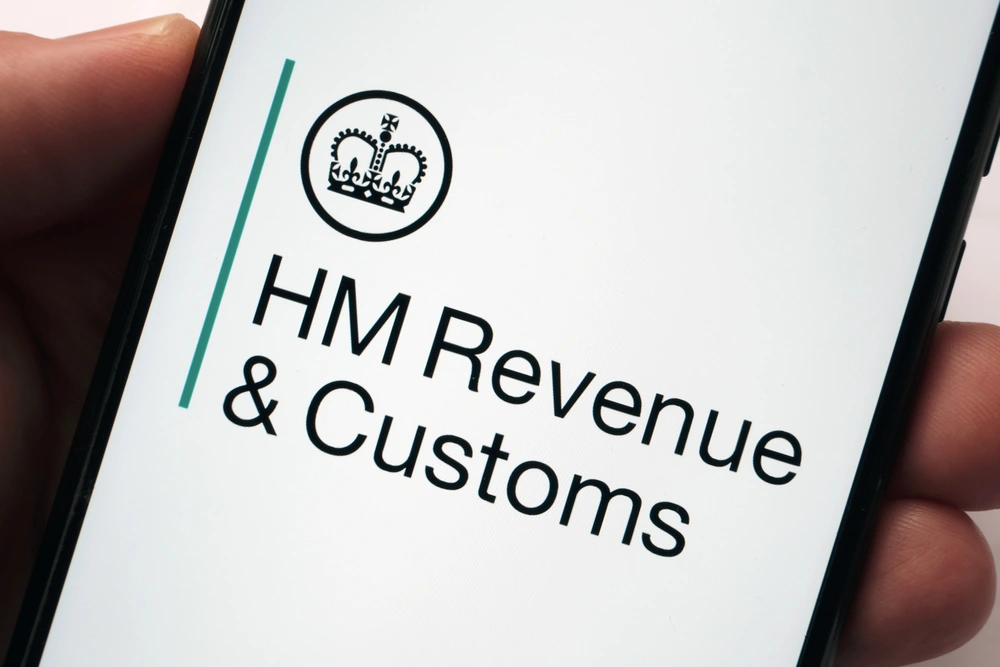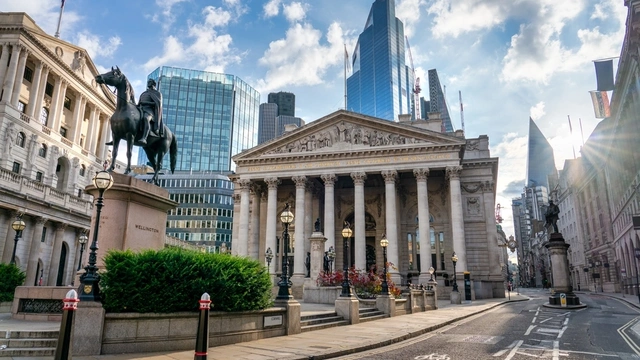On 21st September 2023, the Bank of England opted to keep the base rate at 5.25%.
This follows the news that inflation, as measured by the Consumer Prices Index (CPI), was 6.7% in August, down slightly compared to July and falling faster than expected.
This decision by the Bank of England is the first time they’ve chosen not to raise the base rate since November 2021. Does this mean that inflation is back on target? Should they have bumped the base rate up again? And most importantly, what does this news mean for you?
Let’s talk about it. First things first:
What is the base rate?
The Bank of England base rate – officially known as the Bank Rate – is the interest rate that the Bank of England pays to banks that hold money with them. This rate influences how much banks charge for loans or pay in interest on savings accounts.
The base rate is different from the rate of inflation, but they are linked. The rate of inflation is the amount prices of goods and services have risen by over a set period – usually a year. Meanwhile, the base rate can be used as a tool to manage inflation. Changing it aims to encourage a different balance between spending and saving, which then affects the rate at which prices rise.
Why has the base rate been going up?
The base rate has increased steadily since November 2021 because of high inflation. Although inflation is now falling, it’s still above the Government’s target of 2% and means prices are still rising more quickly than they would like.
When inflation is high, the main way to bring it down is to get people to spend less. When people spend less, demand for products and services reduces, prices rise more slowly (sometimes they even reduce), and over time, inflation comes down.
Raising the base rate is the main way the Bank of England can encourage people to spend less. The opposite is also true – decreasing the base rate encourages people to spend more. But people don’t tend to change their spending patterns simply because they’ve seen the base rate change in the news. So, what makes this happen?
How changes to the base rate affect you
How base rate changes affect you depends on what you’re doing with your money.
Borrowing money
When the base rate increases, banks and credit providers tend to increase the interest rates they charge on loans. This makes it more expensive to borrow unless you’ve borrowed at a fixed rate. Mortgages are particularly affected by changes to the base rate, so changes are a big deal for homeowners with a fixed rate deal that’s ending soon, or who are on tracker mortgages. But it can also affect other types of loan.
Likewise, if the base rate decreases, then so too will the interest rates banks offer on their loans.
Saving money
When the base rate goes up, interest rates on savings accounts are likely to increase. And when the base rate goes down, savings interest rates do the same. This means that if you have money to save, then a higher base rate is good news for you.
While your bank may automatically adjust the interest rate on your savings account(s) when the base rate goes up and down, they might be offering better rates on new accounts. It’s always worth shopping around to see if you could earn more interest elsewhere.
Spending money
Changes to the base rate don’t have an immediate impact on the prices we pay in the shops. It’s more of a slow burn – the result of reducing the amount we spend by making borrowing more expensive and saving more appealing.
In fact, for now, you may still notice prices going up rather than coming down. This is because inflation, although falling, is still above zero, meaning that the things we buy are, generally, more expensive now than they were 12 months ago.
Earning money
Rising interest rates and high inflation don’t only affect individuals living their lives, they affect businesses too. Businesses are also facing increased costs to stay afloat, higher rates on loans, and if people are spending less, they may be seeing reduced sales and revenue. This means they might delay plans to hire more staff or award pay rises. So, if you’re looking for a wage or salary bump, either in a new job or your current one, it may not be the best time.
Our take
This period of high inflation has been – and still is – difficult for many. The Bank of England’s strategy of raising the base rate to tackle this by reducing spending hasn’t meant just skipping a few treats here and there. People are having to go without essentials.
But the announcement that the Bank of England have chosen to leave the base rate as it is for the time being should give us all hope: the plan seems to be working, although it’s too soon to tell if the worst is over.
If you need some “thinking outside the box” ideas to cut costs further, our blog is full of ideas and tips to help make your money go further.
Sources
https://www.bankofengland.co.uk/monetary-policy/the-interest-rate-bank-rate
https://www.bankofengland.co.uk/explainers/will-inflation-in-the-uk-keep-rising
https://www.ons.gov.uk/economy/inflationandpriceindices/bulletins/consumerpriceinflation/
Helen is a personal finance editor who’s spent 11 years (and counting!) in the finance industry. She creates content on everything money with the goal of getting people thinking – and talking – about their finances in ways they may not have done before.
![Email icon]()
Become a money maestro!
Sign up for tips on how to improve your credit score, offers and deals to help you save money, exclusive competitions and exciting products!
Find this useful? Share it with others!









